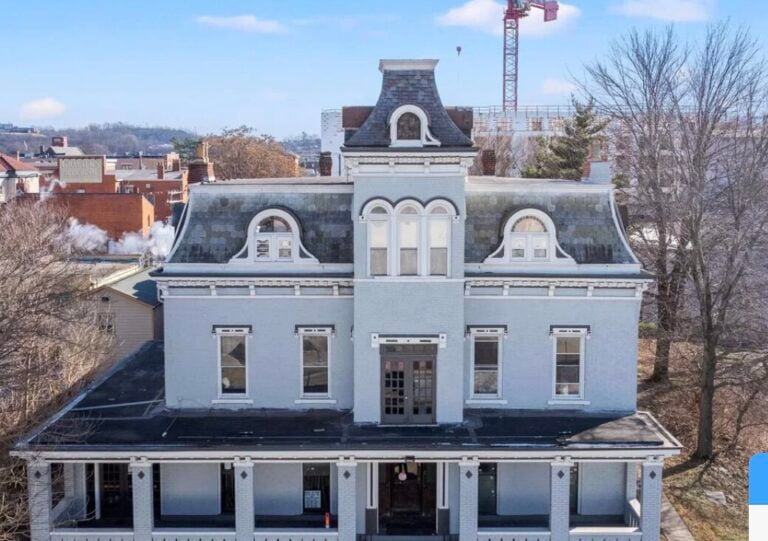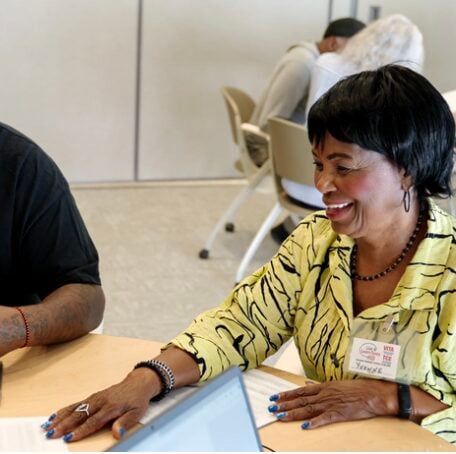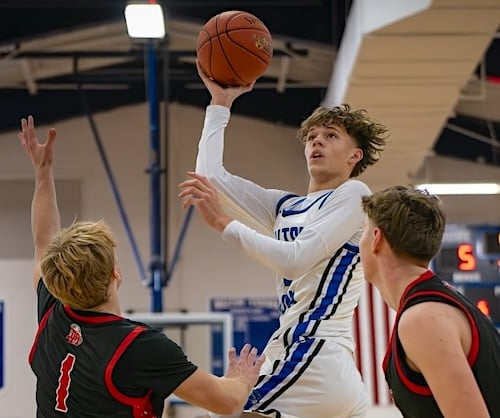
Kentucky will provide more than $100,000 for heroin overdose reversal kits to hospitals with the highest rates of overdose deaths, Gov. Steve Beshear and Attorney General Jack Conway announced.
Overdose patients treated at St. Elizabeth Healthcare system in Northern Kentucky, University of Kentucky Medical Center in Lexington and University of Louisville Hospital will receive a free kit when they leave the hospital to prevent another overdose event. The funding is provided through the Substance Abuse Treatment Advisory Committee and comes from $32 million in settlement funds secured from two pharmaceutical companies.
“Heroin has harrowing impacts on people who use it, as well as on their families and their communities,” Beshear said. “Many hospitals in Kentucky see multiple overdose victims every day. These kits, once in the community, can allow a friend or family member to reverse a heroin overdose almost immediately. It’s a literal lifesaver as families forge a path toward recovery.”
Beshear created the advisory committee by executive order to oversee the KY Kids Recovery grant program and distribution of the $32 million in settlement funds, which a judge ordered to go toward expanding treatment in Kentucky. Conway, who secured the settlement funds, chairs the committee.
Approximately 2,000 Naloxone Rescue kits will be distributed to the University of Louisville Hospital, the University of Kentucky Medical Center in Lexington, and the St. Elizabeth Healthcare system in Northern Kentucky. The kits will be provided free to every treated and discharged overdose victim at the pilot project hospitals. The advisory committee hopes to expand the program to 17 more Kentucky hospitals or hospital systems.
“This project will allow us to get this medicine into the hands and homes of the people who need it most – heroin users and their families,” Conway said.
Naloxone, which is also known as Narcan, has no potential for abuse and immediately reverses the effects of a heroin overdose by physiologically blocking the effects of opiates. It is not covered by Medicaid or many private insurance companies, and according to a press release from the governor’s office, that means even if users currently receive a prescription they likely never fill it because they cannot afford it.
Naloxone is available in injectable or nasal mist forms. The nasal mist form must still be approved by the FDA.
In 2013, 230 Kentuckians died from heroin overdoses. The final numbers for 2014 are not available, but officials expect an increase in the number of heroin overdose fatalities.
The Substance Abuse Treatment Advisory Committee created KY Kids Recovery grants to help expand adolescent treatment in Kentucky. The 19 programs it is funding are located in every region of the state and encompass all aspects of evidence-based, substance abuse services for adolescents, including prevention, outpatient counseling, intensive outpatient and residential services.
For a complete list of the 19 grant recipients, visit KyKidsRecovery.ky.gov.
In addition to the $19 million in KY Kids Recovery grants, the settlement is providing $500,000 to complete construction of a Recovery Kentucky center in Carter County, $2.5 million for almost 900 scholarships to Recovery Kentucky centers, and $560,000 to create 14 drug-free homes for people completing and transitioning out of residential substance abuse treatment programs.
The following are also receiving funds from the settlement:
· $6 million to administer and upgrade KASPER, Kentucky’s electronic prescription drug monitoring program.
· $1 million to support substance abuse treatment for pregnant women by Chrysalis House in Lexington and Independence House in Corbin.
· $1.5 million to the University of Kentucky to develop best practices for adolescent substance abuse treatment providers.
· $1 million to develop a school-based substance abuse screening tool with the Kentucky Department of Education to intervene with at-risk children before they enter judicial or social services systems.
· $250,000 to create a database to evaluate outcomes of adolescent treatment.
From Office of the Governor

















